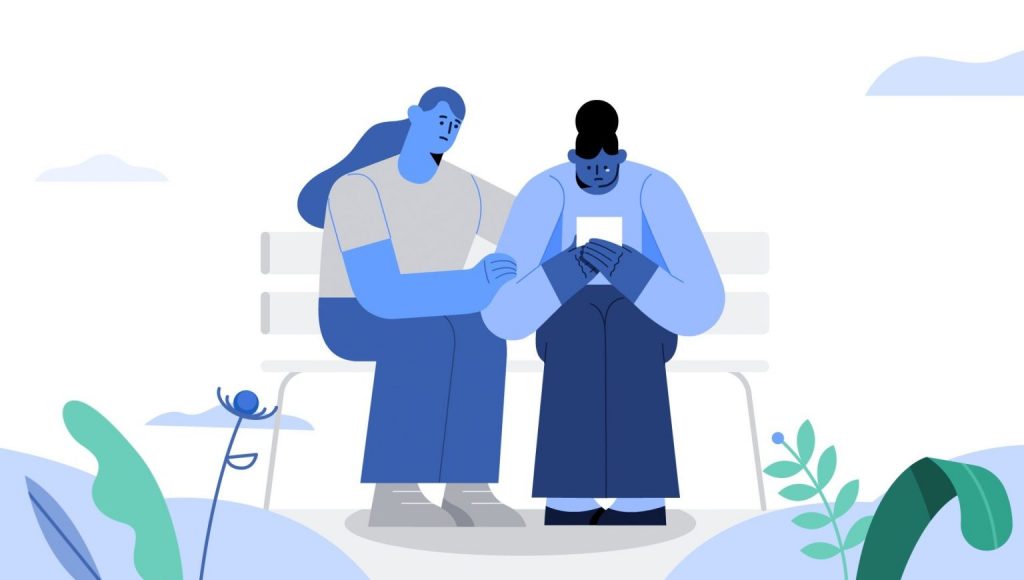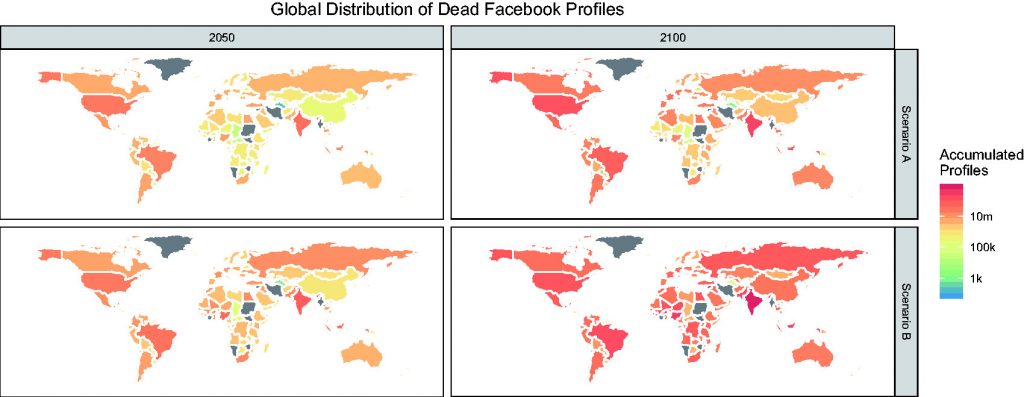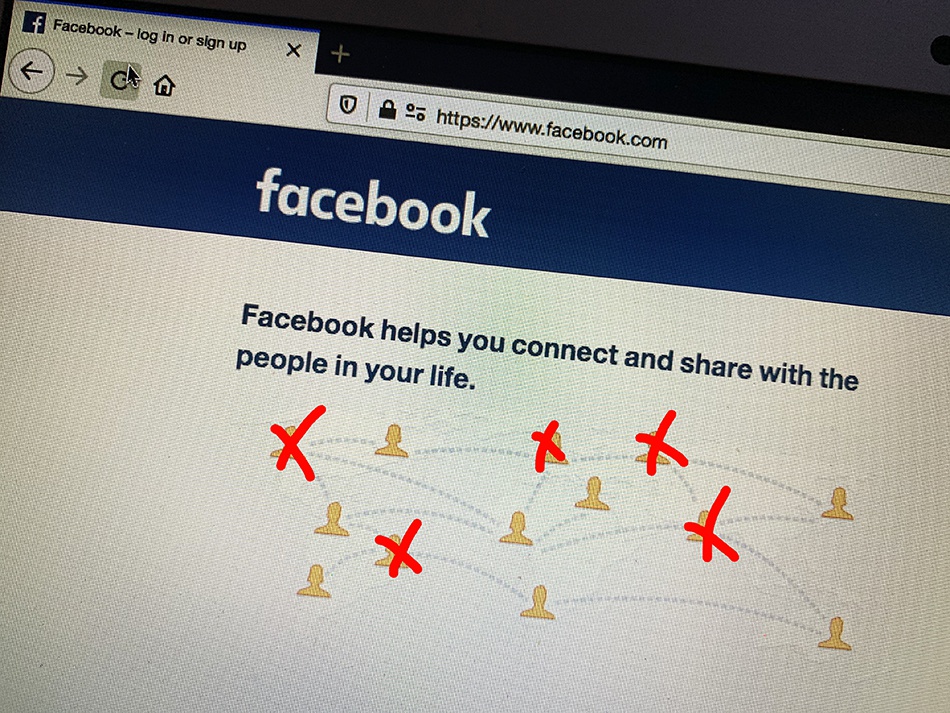Rest in Pixels: Facebook May Become a Digital Graveyard by 2070
An eye-opening new analysis from academics at the University of Oxford has suggested that our screenlives could one day outlast our real lives, turning sites like Facebook into a digital graveyard before the end of the century.

Published last month by two members of the University of Oxford Internet Institute, Carl J. Öhman and David Watson, Are the dead taking over Facebook? A Big Data approach to the future of death online makes some sobering predictions about the number of deceased Facebook users come the year 2070.
The authors analysed two potential scenarios, using a combination of population and mortality data from the UN, as well as Facebook’s historical user growth rate. The first scenario predicts that, based on 2018 user levels of the social networking giant, approximately 1.4 billion users will die before 2100. Meaning that by 2070, the number of active profiles on the site belonging to the dead would outnumber those of the living. The second scenario, which assumes that membership to the site continues to expand at its current rates, predicts that the number of dead profiles will reach 4.9 billion by the end of the century.
Both scenarios are of course speculative, but the authors firmly believe that Facebook will indeed become a digital archive within “the first decades of the 22nd century”. Lead author Öhman is very conscious about the big data and societal implications of such an event —“these statistics give rise to new and difficult questions around who has the right to all this data, how it should be managed…on a societal level, we have just begun asking these questions and we have a long way to go.”

In a statement provided to TIME magazine, a spokesperson for Facebook explained that, although the company does disagree with Öhman and Watson’s predictions, it is aware of the issue and has already implemented a number of measures to handle deceased user profiles. Adult users of the site (this feature is not available to minors) can nominate family members or friends to access their account in the event of their death, and can specify in advance that they’d like their account to be permanently deleted when they die.
Once a deceased’s account has been confirmed with official documentation, Facebook will change the standard profile into a “memorial-style page”, which will preserve the content and original timeline of the user. A recently-introduced Tributes section will create a separate tab on these memorialized profiles, providing a space for friends and family of the deceased to write and share posts without disturbing the profile’s original content.

According to the official press release on Memorialization from Facebook Chief Operating Officer Sheryl Sandberg, the company is also starting to integrate AI in an effort to prevent non-memorialized accounts from appearing in search results, birthday reminders, friend suggestions and event lists.
For Öhman and Watson, however, their focus goes beyond the digital history of a single individual to that of our collective, societal history in which sites like Facebook do play an important role. The two academics believe that our global digital legacy needs “proper institutions and infrastructure”, including utilizing the help of archivists, historians and policy advocates to solve what “the phenomenon of people dying on the internet means for us on a collective level.”

